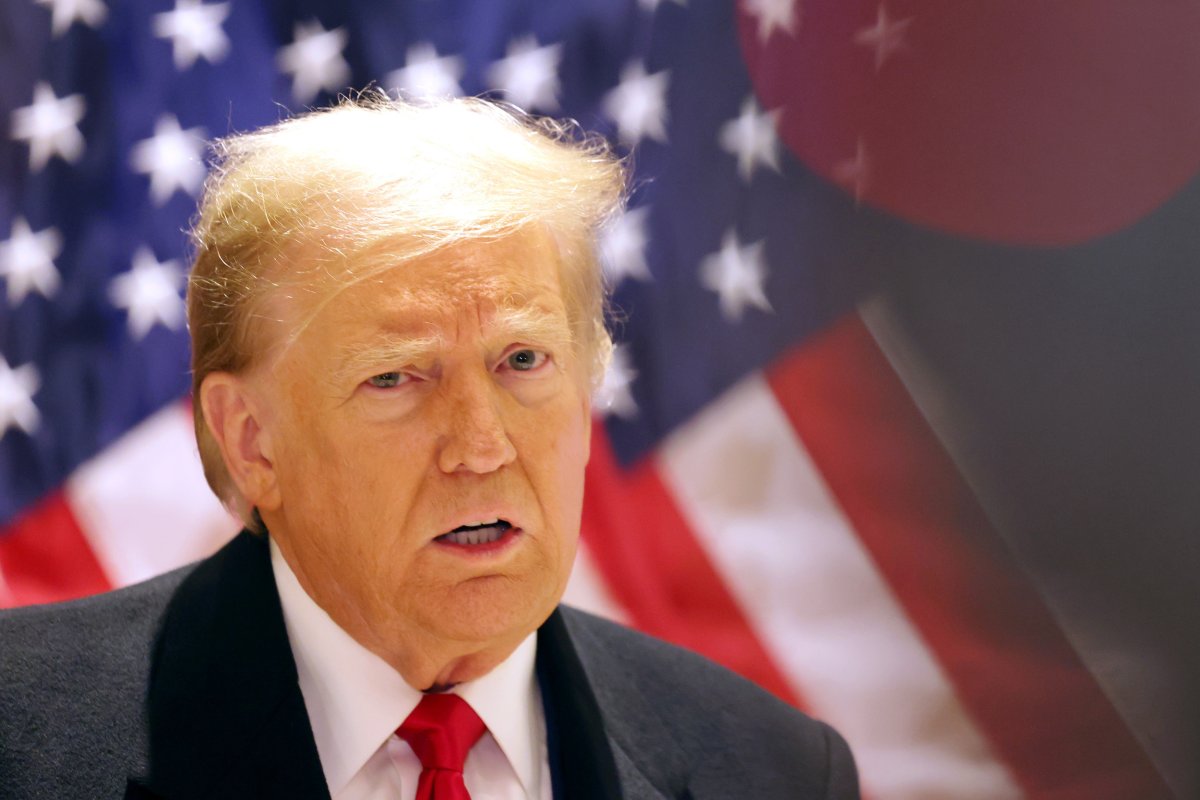Hit with an more than $350 million fraud judgment in New York, former President Donald Trump claimed he couldn't provide some $454 million in security. Now he's been handed a reprieve of sorts with an appellate ruling reducing the amount to $175 million. If it lets Trump appeal, we should all be grateful. If it lets Trump escape responsibility, we should all be worried.
Appeals can take years. Courts use security requirements to ensure that if the appeal fails, the money is there to pay the judgments. Without security, judgment debtors might deliberately dissipate their assets during their appeals, or a volatile economy might do it for them. Security for a judgment on an appeal in a case like Trump's is needed, but it appears most of that security may now be lacking.
Whatever you think of Trump, you should want Justice Arthur Engoron's massive financial ruling to be reviewed by a higher court. If you dislike Trump and the upper court upholds Engoron's ruling, it will make it harder for Trump to claim that he was railroaded. If you think the ruling might be overturned, read it. It's compelling.

If you support Trump, maybe an upper court will expose the massive lies Trump says are being told about him. Indeed, he will doubtless take the case up to the United States Supreme Court if it lets him. But don't bet on an upper court overturning Engoron's basic fraud findings. It's not likely to happen. If you're wondering why, read the decision—try page 36 for instance.
Apart from liking or hating Trump, let's hope he can appeal because it would undermine the rule of law if he can't. There is no right to appeal embedded explicitly in the text of the U.S. Constitution, but the Fourteenth Amendment guarantees all of us that our courts can't take our life, liberty, or property without due process of law. While due process hasn't been held to mandate appeal rights, the spirit of fairness it embodies has inspired all state court systems to grant litigants some form of appellate review of trial court decisions.
And that's a good thing. Denying appellate review not only flies in the face of our basic notions of fairness, but it also affronts another basic feature of our democracy: the checks and balances that are supposed to prevent the accumulation of too much power in too few hands. Allowing a single judge—without a jury—to decide Trump's fate is already an enormous exercise of judicial power. Allowing it to be done with no review would suggest that an arbitrary decision could stand just as firmly as a righteous one. That would be a calamity for our carefully calibrated democracy.
But what else could the court have done about the bond? Trump claimed he couldn't get one. The appellate court reduced the bond in response. But there's a better way to secure the judgment. If Trump is right, his real estate empire is worth at least $2.6 billion. New York procedural rules appear to focus on security, not necessarily a bond, and that security could be in the form of liens that would prevent Trump's real estate from being sold without money set aside to potentially pay the judgment. Indeed, New York Attorney General Letitia James already started moving in this direction by registering the judgment in Westchester County where Trump has holdings. The important thing now that the bond requirement has been lowered is to allow of Trump's businesses to continue but with liens that will secure the full amount of the judgment.
Of course, there is still one last consideration. What if Trump is a far bigger fraud than imagined? After all, the case he wants to appeal is about him fraudulently inflating property values. What if his properties are already so much in debt that there isn't enough money in them to pay the judgment in good times, not to mention bad? The state should make sure this isn't the case. If Trump has the money, a way should be found to let Trump appeal Justice Engoron's ruling. If he doesn't, then maybe this really is the last straw, and the courts should reconsider lowering the bond.
Thomas G. Moukawsher is a former Connecticut complex litigation judge and a former co-chair of the American Bar Association Committee on Employee Benefits. He is the author of the new book, The Common Flaw: Needless Complexity in the Courts and 50 Ways to Reduce It.
The views expressed in this article are the writer's own.
Uncommon Knowledge
Newsweek is committed to challenging conventional wisdom and finding connections in the search for common ground.
Newsweek is committed to challenging conventional wisdom and finding connections in the search for common ground.
About the writer
To read how Newsweek uses AI as a newsroom tool, Click here.








